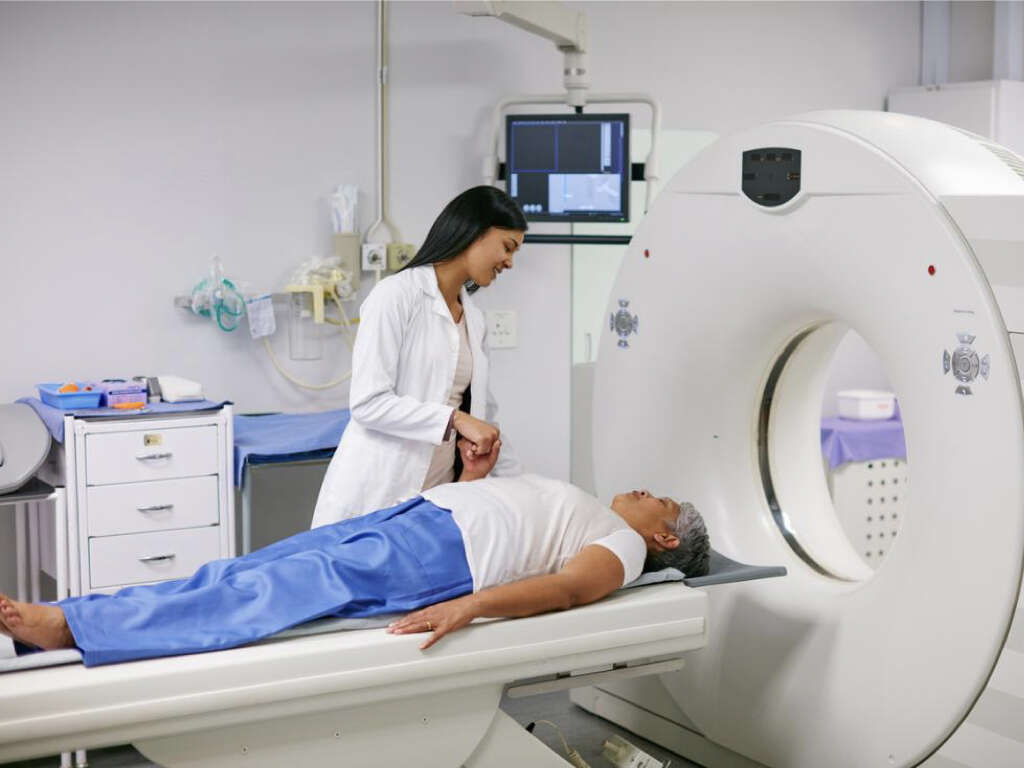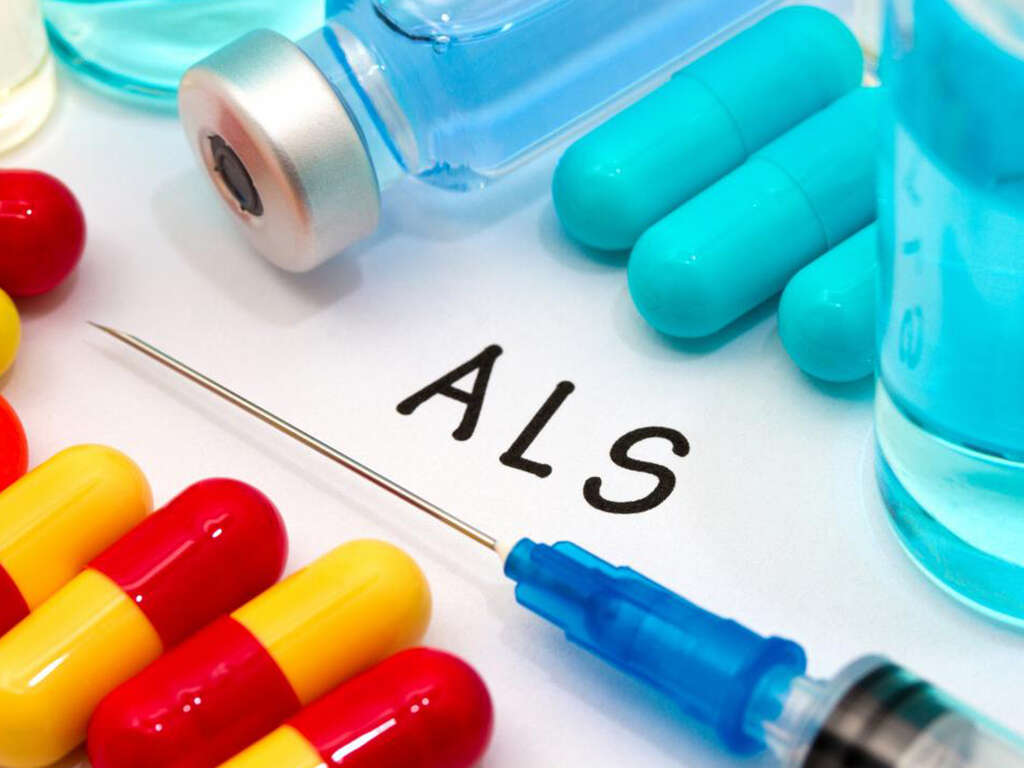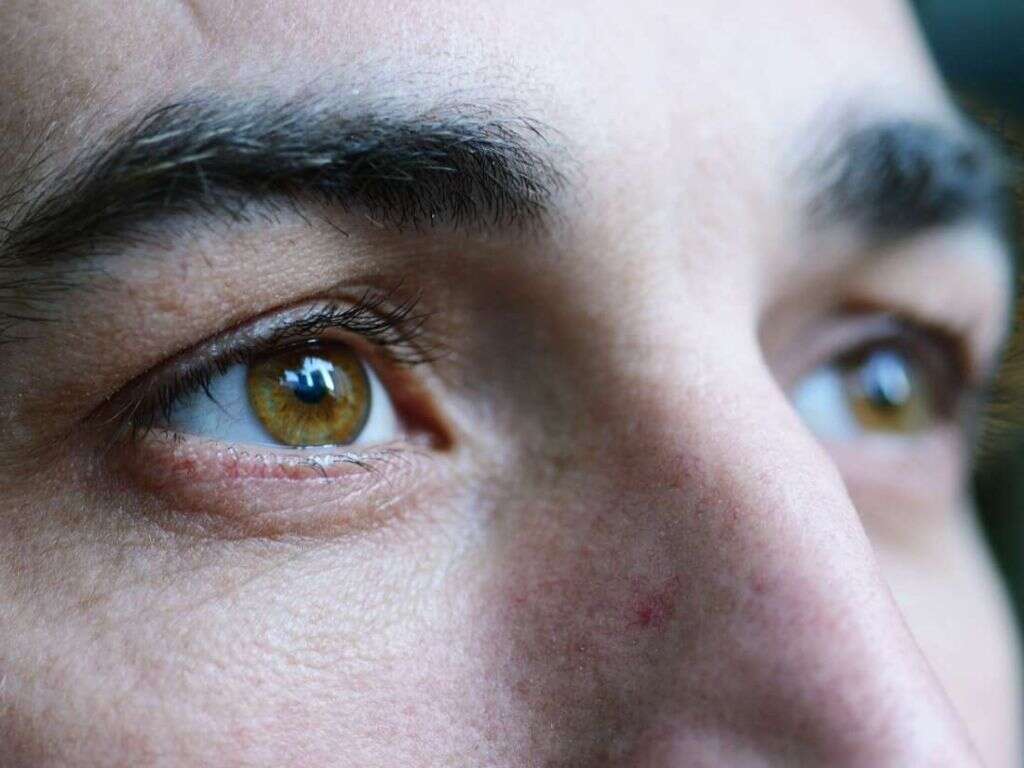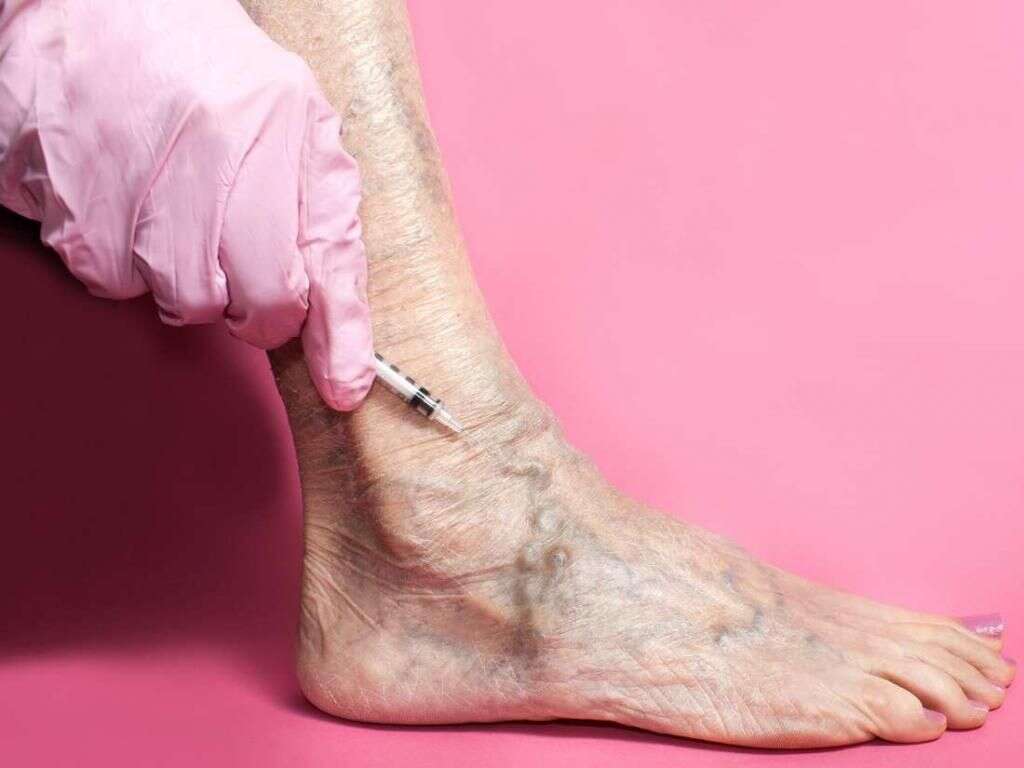10 Lou Gehrig's Disease Symptoms
Lou Gehrig’s Disease, also known as amyotrophic lateral sclerosis, or ALS, is a progressive nervous system disease. As the disease progresses, it destroys nerve cells and can contribute to various forms of disability and other symptoms. The condition is named after the famous baseball player who was first diagnosed with the issue. The issue primarily affects motor neurons – those that are responsible for regulating our motion – and thus the story of Lou Gehrig getting the disease was particularly tragic, impeding his ability to play his favorite sport.
The early stages of the disease are usually characterized by mild muscle twitching or slurred speech as the muscles in the mouth begin to fail. As the disease gets worse it can impair a person’s ability to move their muscles at all and can hinder their ability to eat, talk, or perform other daily functions. Unfortunately, there is currently no known cure for the disease. If it is left to progress without managing it at all, it can eventually be fatal.
If you are wondering whether or not you are beginning to experience Lou Gehrig’s disease, then you might want to check out this list of symptoms. If you are experiencing several of these then it might be a good idea to get yourself checked in to a medical establishment so you can work on setting up a plan to manage the problem.

Symptom #1: Muscle Twitching
A muscle twitch is an uncomfortable sensation in which a muscle begins to move on its own. Most people have experienced mild muscle twitches as a result of under sleeping or drinking too much caffeine, but they can become quite irritating when they are chronic.
Muscle twitches can occur in people who are not struggling with ALS, but when combined with other symptoms in this list could indicate that you are developing the problem and should seek help. The muscle twitches that occur in people with ALS often start out small and become more intense as the condition progresses.

Symptom #2: Difficulty Walking
As the disease progresses, people often find that they have a hard time walking. This is because the nerve cells that are responsible for their motor functions become damaged. This makes it quite difficult for someone to coordinate the action involved in moving one foot forward, followed by the next.
People who seriously struggle with the problem may need to use a walker or a wheelchair.

Symptom #3: Frequent Trips and Falls
In addition to having a hard time coordinating the actual movement of walking, people suffering from ALS are often prone to tripping and falling. This is one of the main reasons that people with the condition would do well to invest in a walker or a wheelchair.
Not only do people with the condition begin to lose their motor control, but they often have a hard time maintaining strength in their legs. This can lead to their legs ‘buckling,’ which can result in them falling over or tripping over small objects and curbs.

Symptom #4: Slurred Speech
The tongue, which is responsible for our ability to form words and make sounds with our mouth, is actually a big muscle. Since Lou Gehrig’s disease impacts our ability to move our muscles, it’s no wonder that people struggling with the condition often have a hard time speaking.
Slurred speech is one of the earlier signs of the condition and can indicate that you might need to take some preparatory steps so you can prevent the disease from worsening too quickly.

Symptom #5: Muscle Cramps
The muscles can cramp on their own; in some cases, it seems like the muscle twitches and then stays in that state for some time. This can be very uncomfortable and in serious cases can be quite painful.
Depending on the type of ALS, the cramps and twitches are often most prevalent in the upper body. Patients frequently report struggling with cramps in their arms and shoulders. Another type of ALS causes more issues with the tongue which contributes to the difficulty that people have with speaking when they are struggling with the condition.

Symptom #6: Clumsiness
People with Lou Gehrig’s disease have a hard time controlling their motor functions, and this is particularly true in the arms and hands. Since these muscles are responsible for our ability to grasp, hold, and carry things, people with the condition are prone to seeming clumsy.
It can be hard for a person with Lou Gehrig’s to hold on to a coffee cup, for example, because they may lose control over the muscles in their hand and drop it. This can make it very hard for them to maintain their functions in a daily life.

Symptom #7: Problems Eating
Since Lou Gehrig’s disease affects the body’s motor control, it can influence our ability to move and work our jaw muscles. This can make it very difficult for someone to chew their food and eat complex meals.
For this reason, it can be good for someone with the condition to have their meals processed in a blender, so they are easier to consume.

Symptom #8: Problems Writing
Tragically, many people with the condition lose their ability to handwrite properly. This is, again, because the condition causes the body’s motor control to degenerate.
It can be incredibly difficult for someone with Lou Gehrig’s to accurately manage the intricate motions involved with handwriting.

Symptom #9: Gagging
One of the symptoms associated with a degenerating case of Lou Gehrig’s disease is an increased gag reflex.
People may find that they gag when they are trying to eat their food.

Symptom #10: Muscle Atrophy
Some forms of Lou Gehrig’s disease will effect certain kinds of motor neurons called lower motor neurons. When these types of neurons are involved, the person will show signs of muscle wasting and weakness which is also called muscle atrophy. Muscle twitching is a symptom that goes along with atrophy.
In the case of “limb onset ALS”, muscle atrophy will first be apparent in the shoulder region and spread down to the fingers. Symptoms may appear in the legs instead. When this occurs, the toes will be the first to show signs of atrophy and this will spread up the legs towards the torso. Progression is pretty slow but it should be diagnosed and treated as soon as possible.









